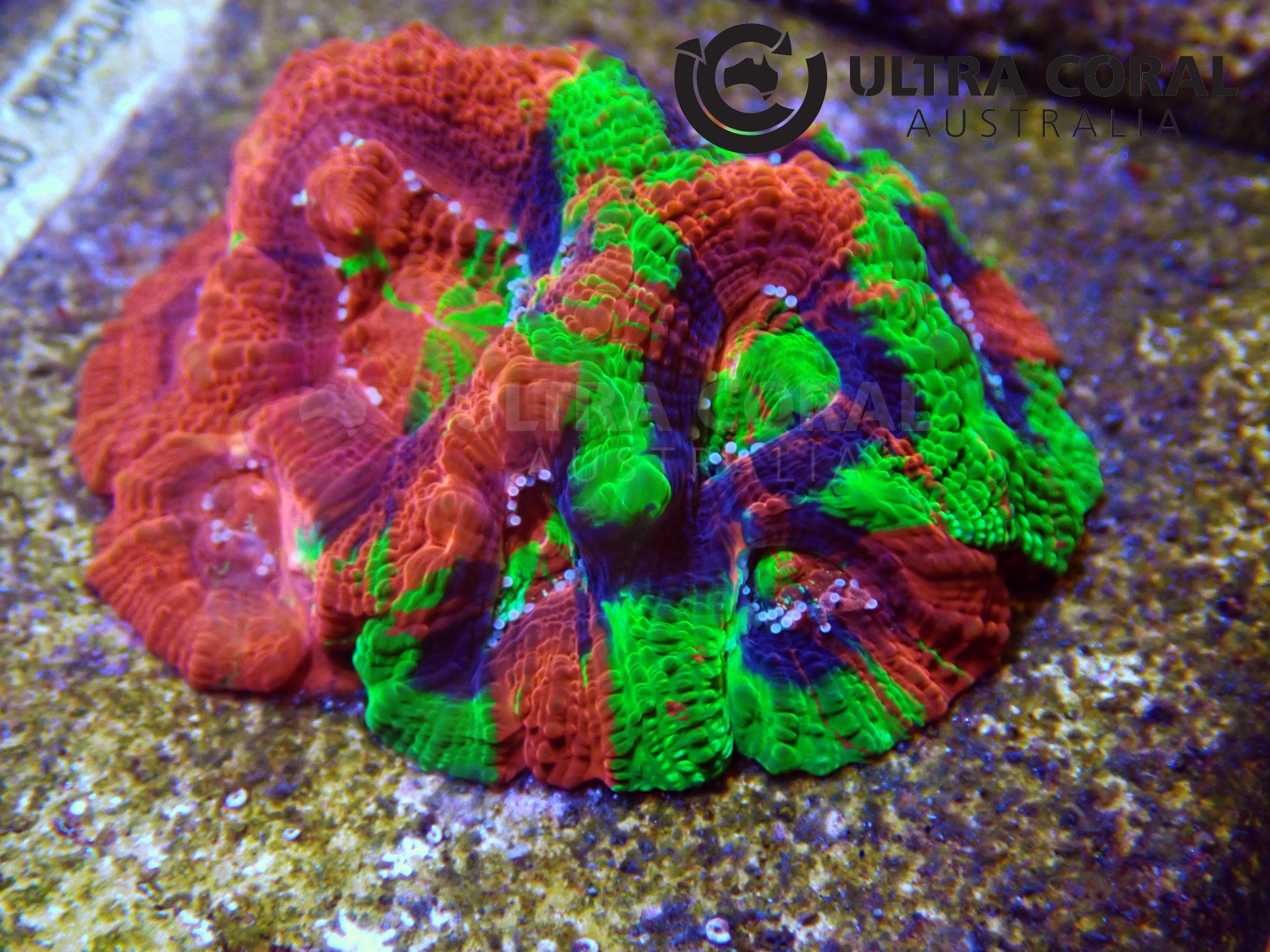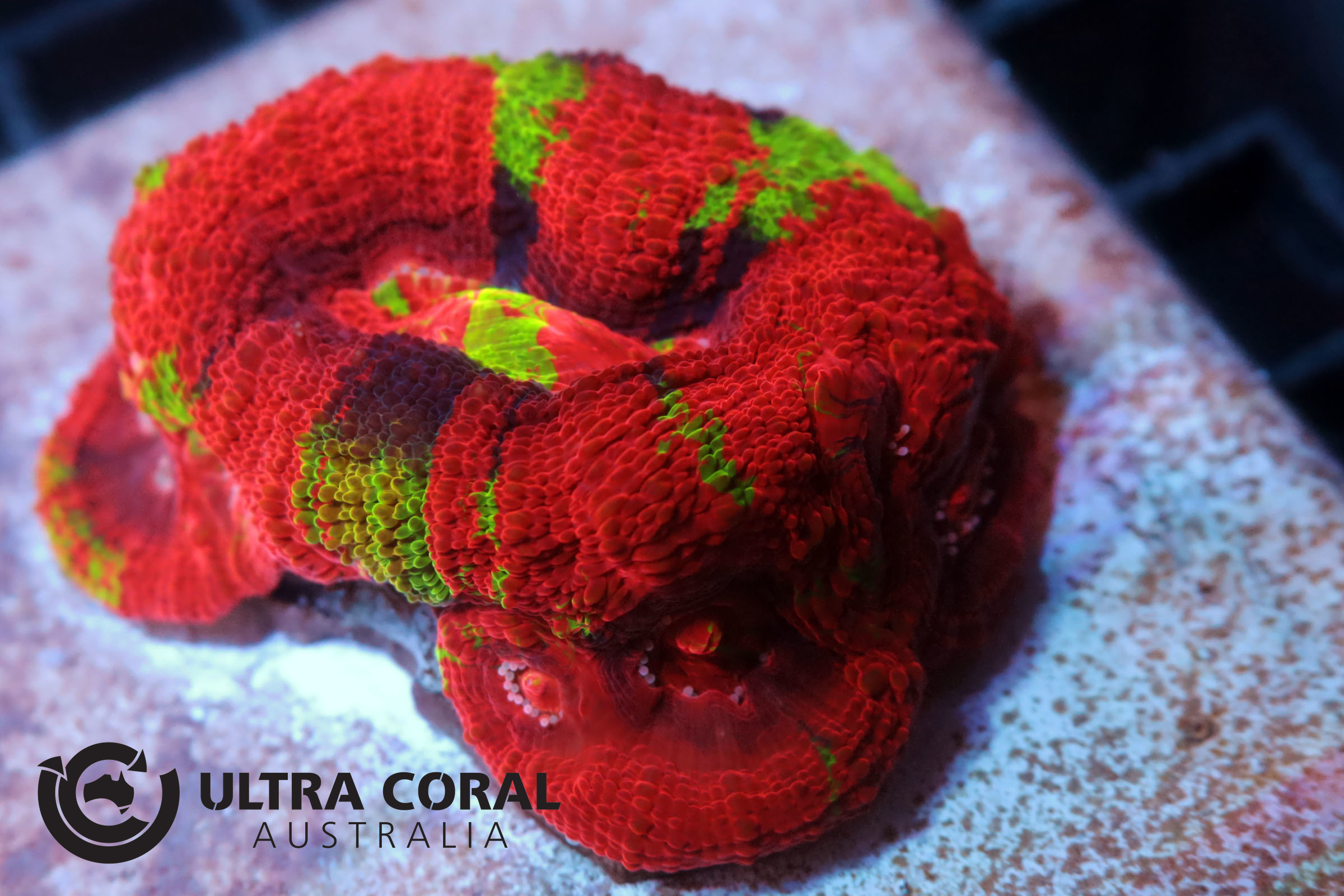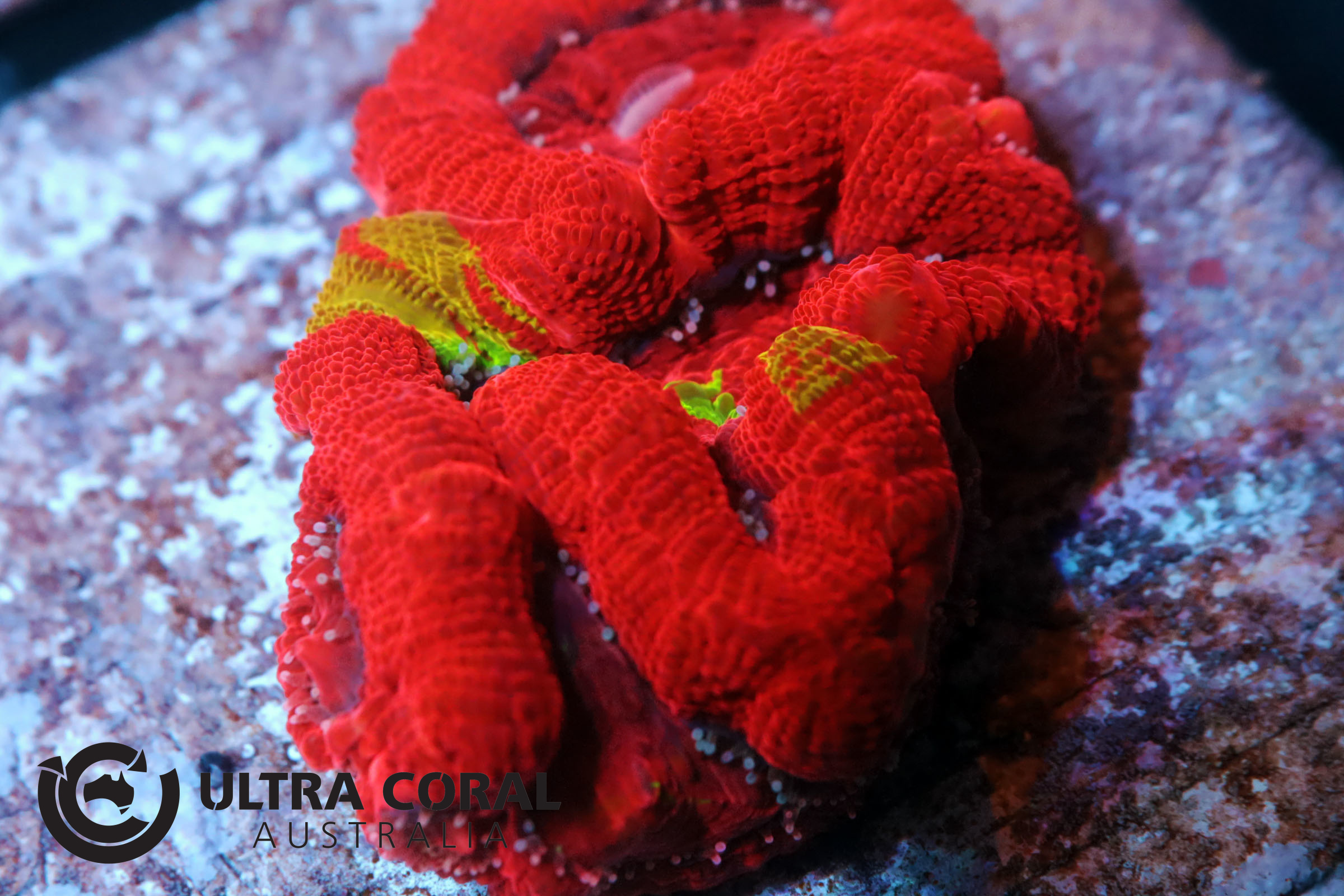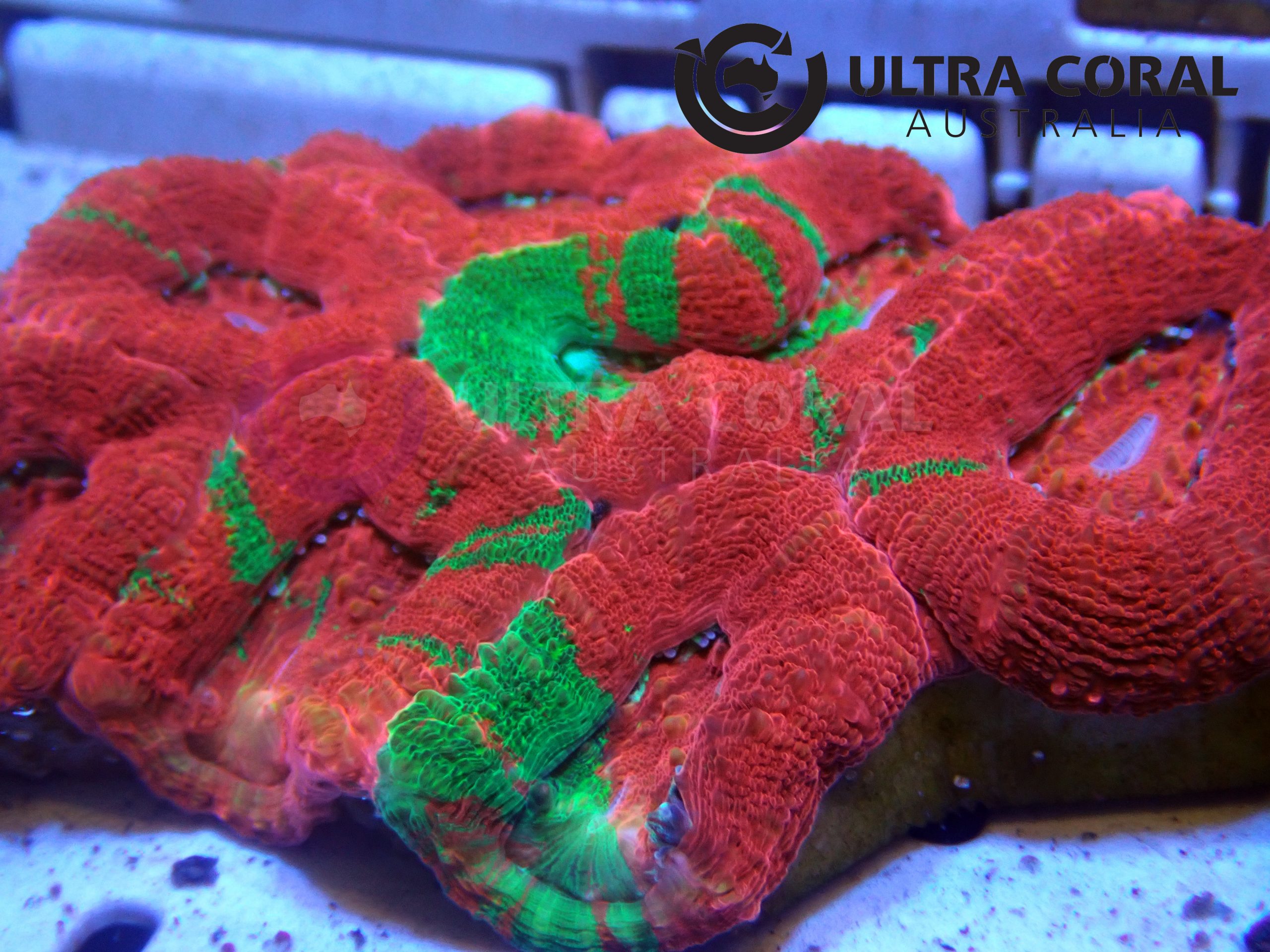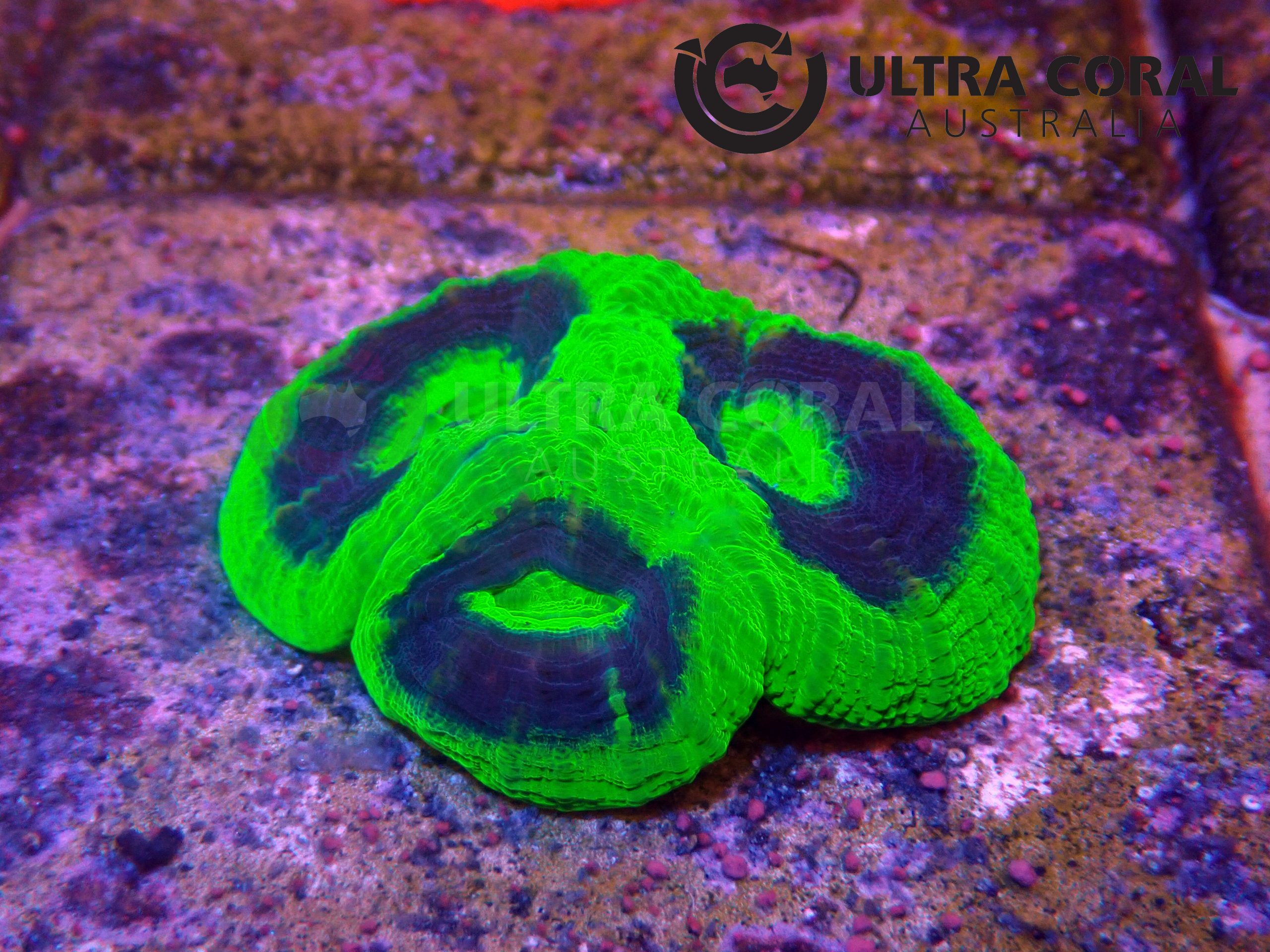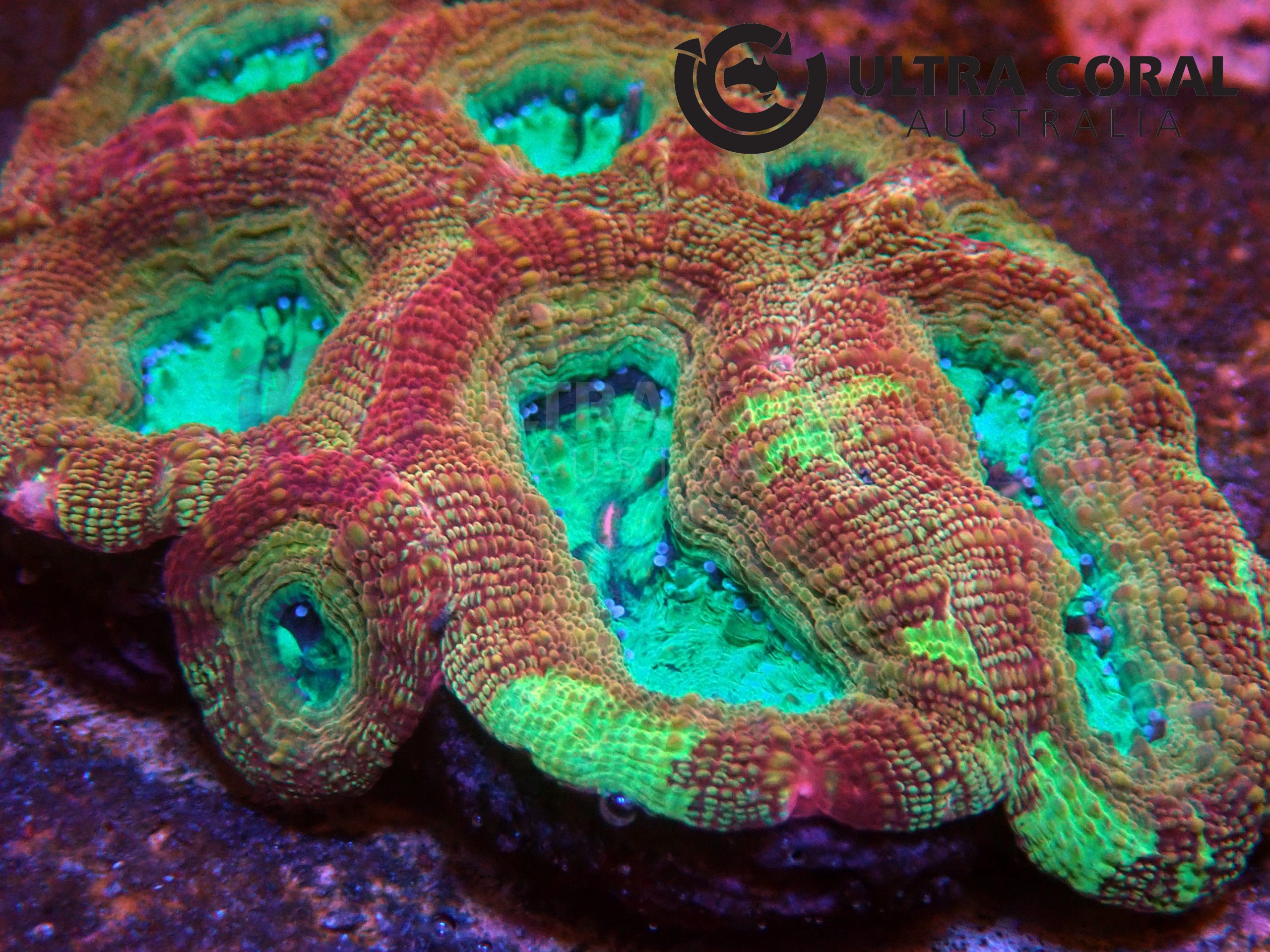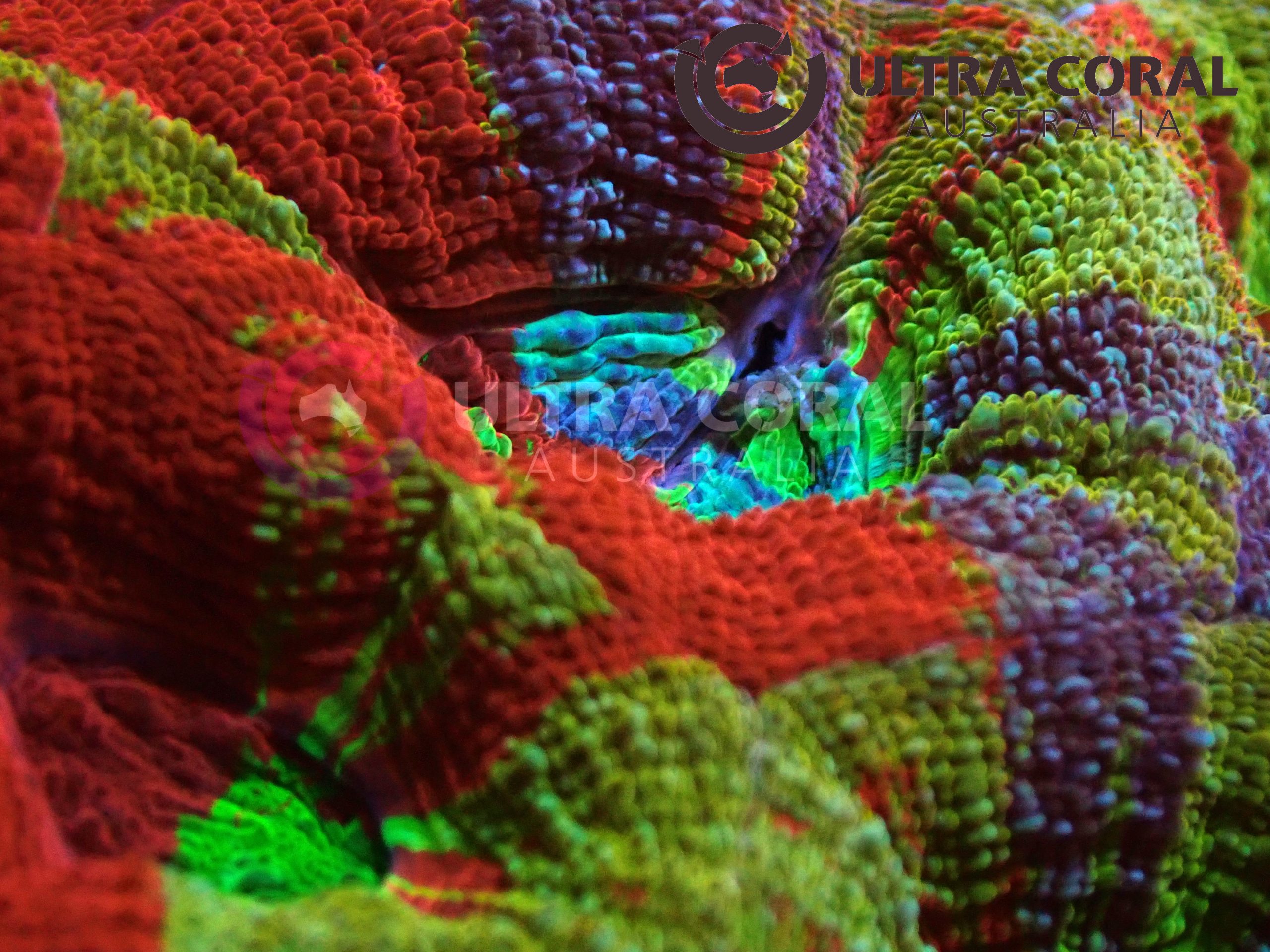Homophyllia bowerbanki (Acan Bower)

Based on recent genetic findings, species formerly known as Acanthastrea hillae and Acanthastrea bowerbankiare now lumped togethere as Homophyllia bowerbanki.
This species is a rare large polyp stony (LPS) coral, infrequently found in both the aquarium trade and in the wild. However, the variety of colours and shapes that the Bowerbanki species are available in make them one of the most prized LPS corals to reef tank hobbyists. This species forms massive encrusting colonies, with irregularly shaped fleshy polyps that can often form short valleys.
Bowerbanki is most commonly found in shades of pale grey, brown or rust colours often with a blotchy surface. However, truly beautiful colonies can also be found with assortments of gold, green, blue, yellow, purple, orange and red colours in rare cases. In the wild, Homophyllia bowerbanki can be found on lower protected reef slopes.
Basic Water Parameters
pH
8.0 to 8.3
Salinity
34 - 36ppt
Temperature
24.0 - 26.0 Celsius
Husbandry Requirements
Lighiting
110-175 PAR
Flow
Some turbulence required
Aggressiveness
Has sweeper tentacles and/or an ability to sting some other corals.
Acclimation Guide
- It is highly recommended to acclimate all corals to a new environment to prevent shocking corals.
- Place the corals in the water from the packing bags and slowly add the water from new environment (Dripping method is recommended).
- Use the water parameter above as a guide.
- When the vessel becomes full , replace the water with the new environment water by a small amount at a time.
- Ensure the water temperature matches with the new environment’s water.
- After the corals have spent adequate time in the acclimation water, gently place the corals to a new environment.
- It is recommended to place new corals under lower light intensity than usually required. Once corals show no signs of stress, it can be moved to higher lighting area gradually.”

